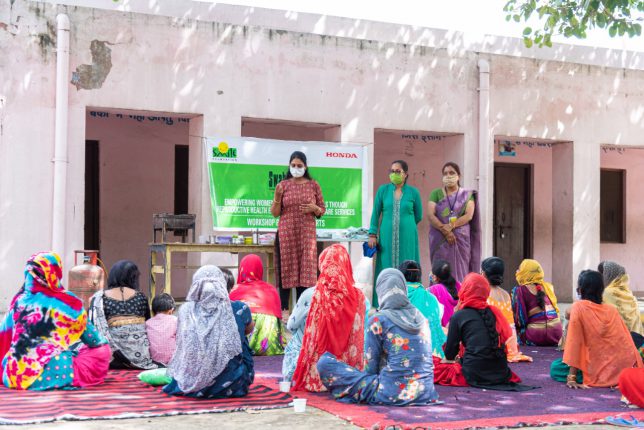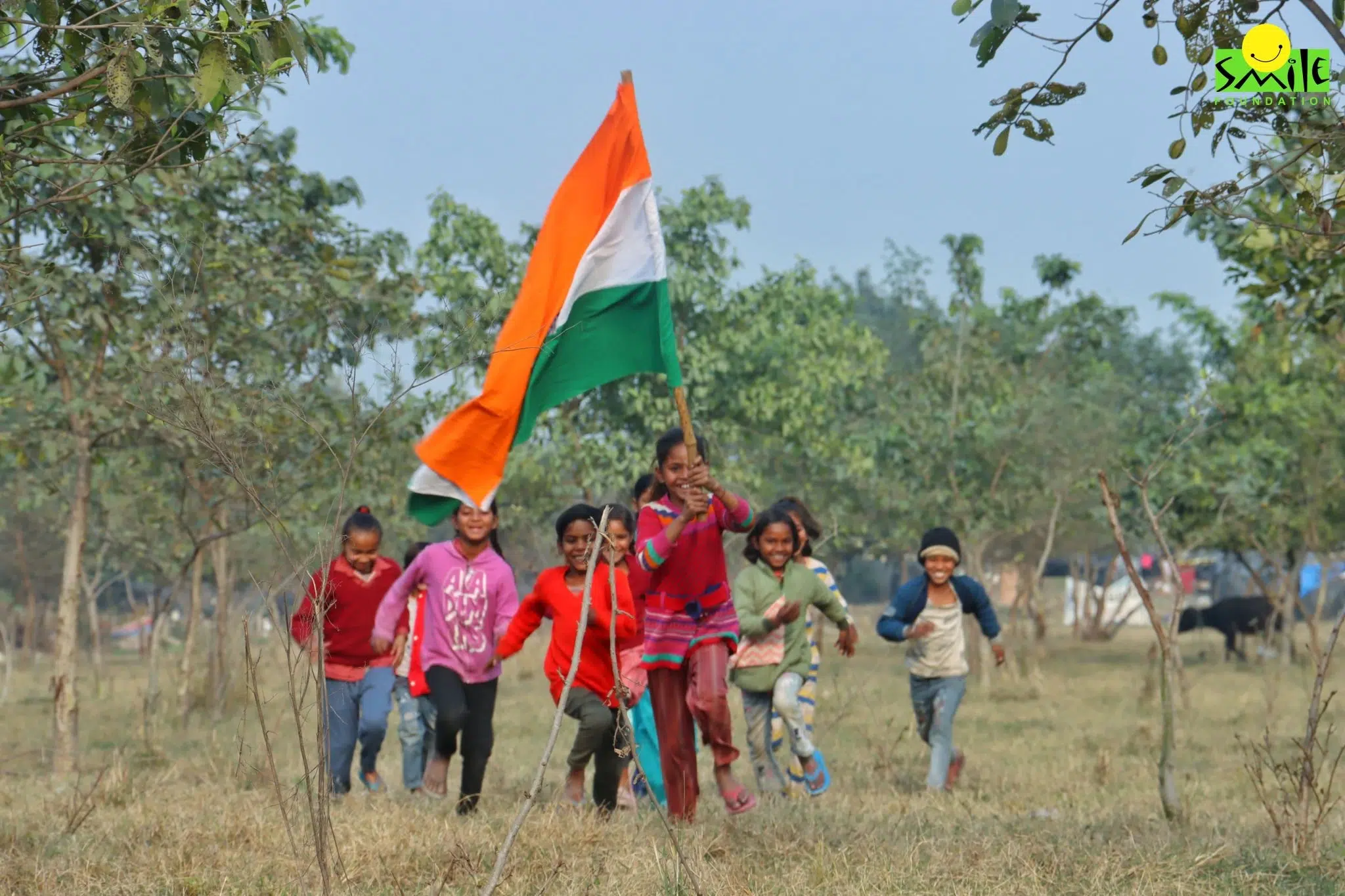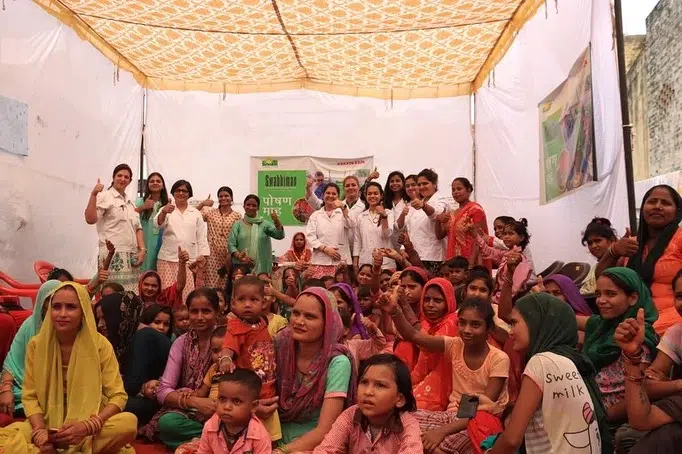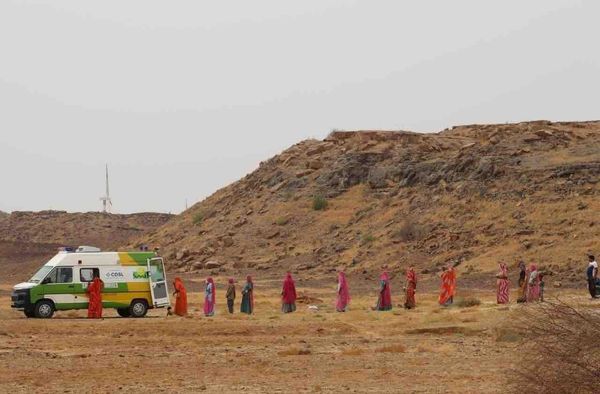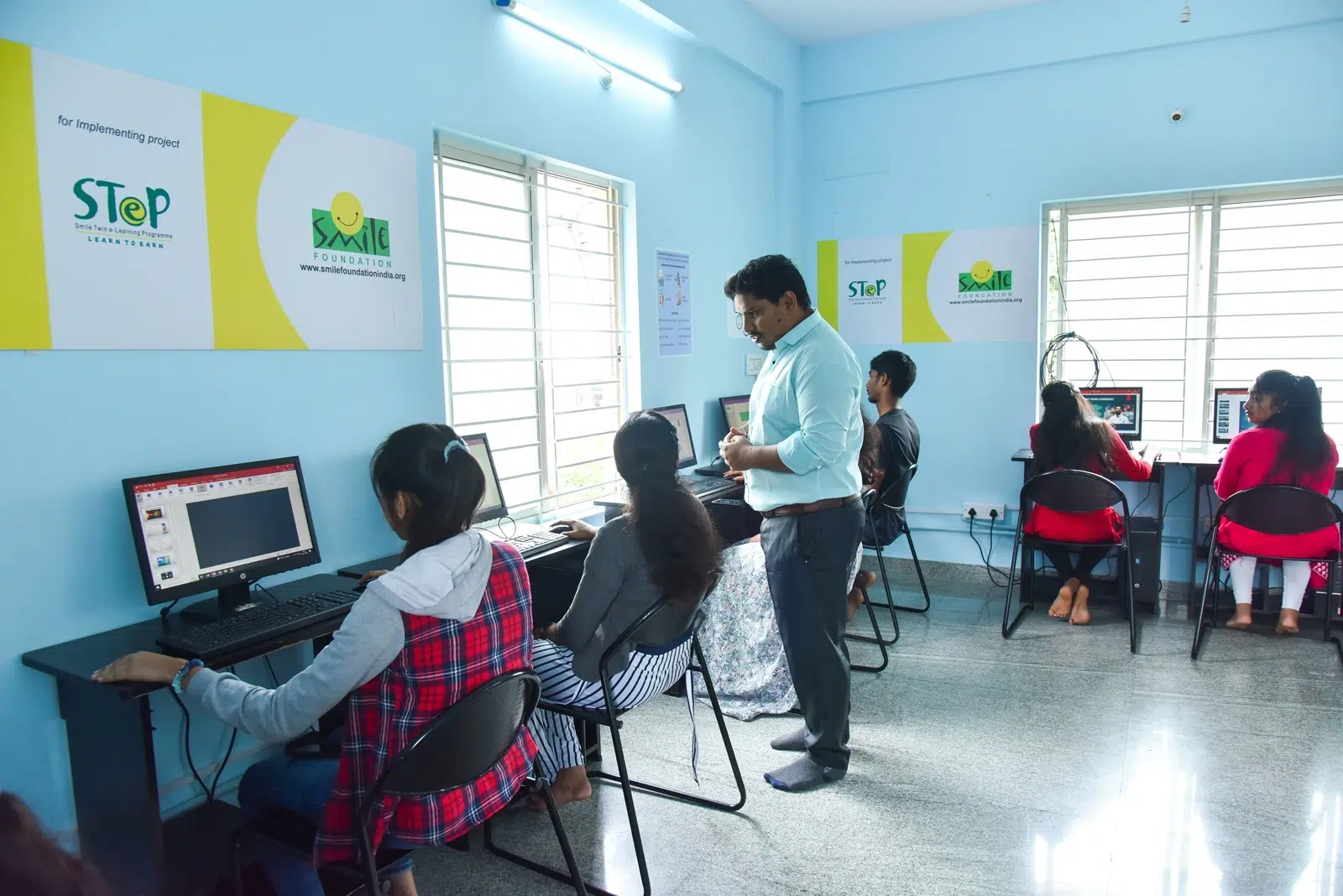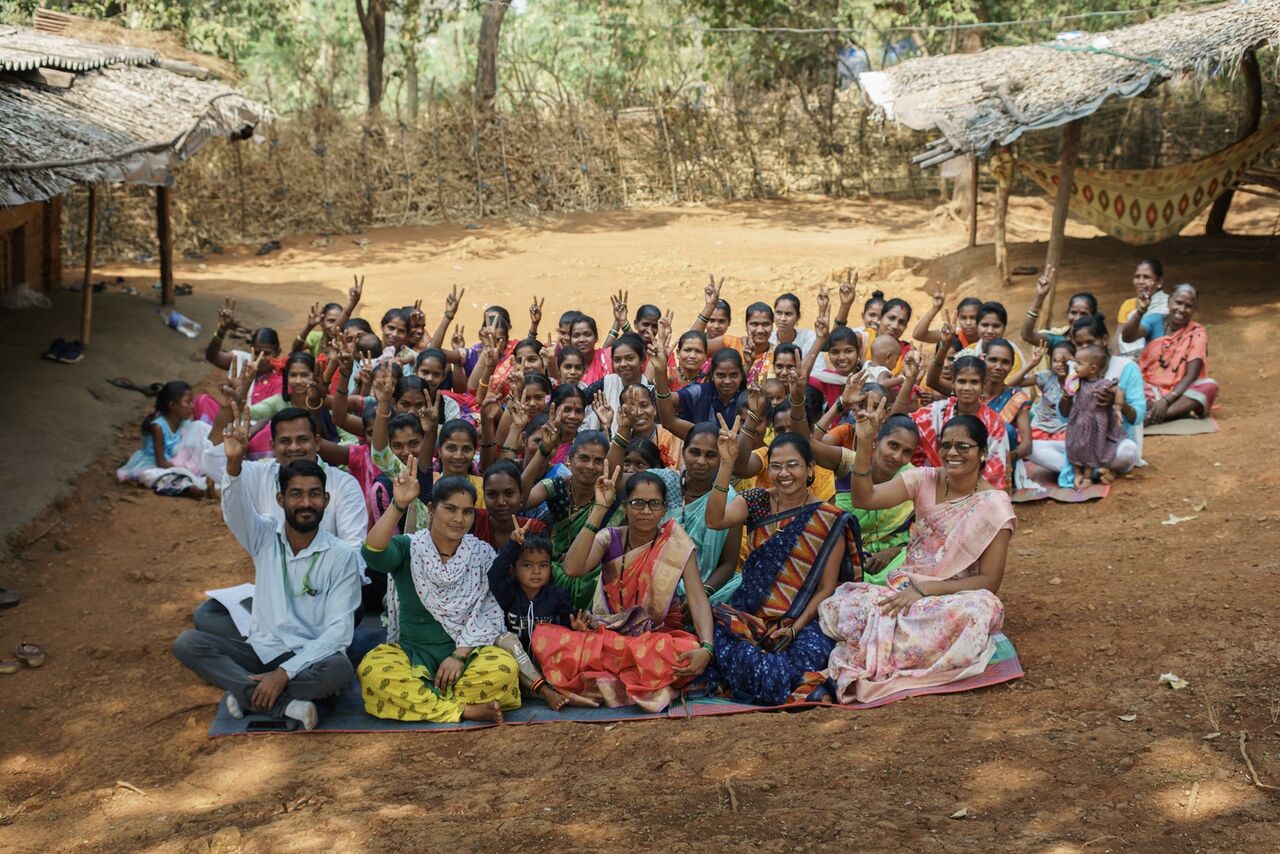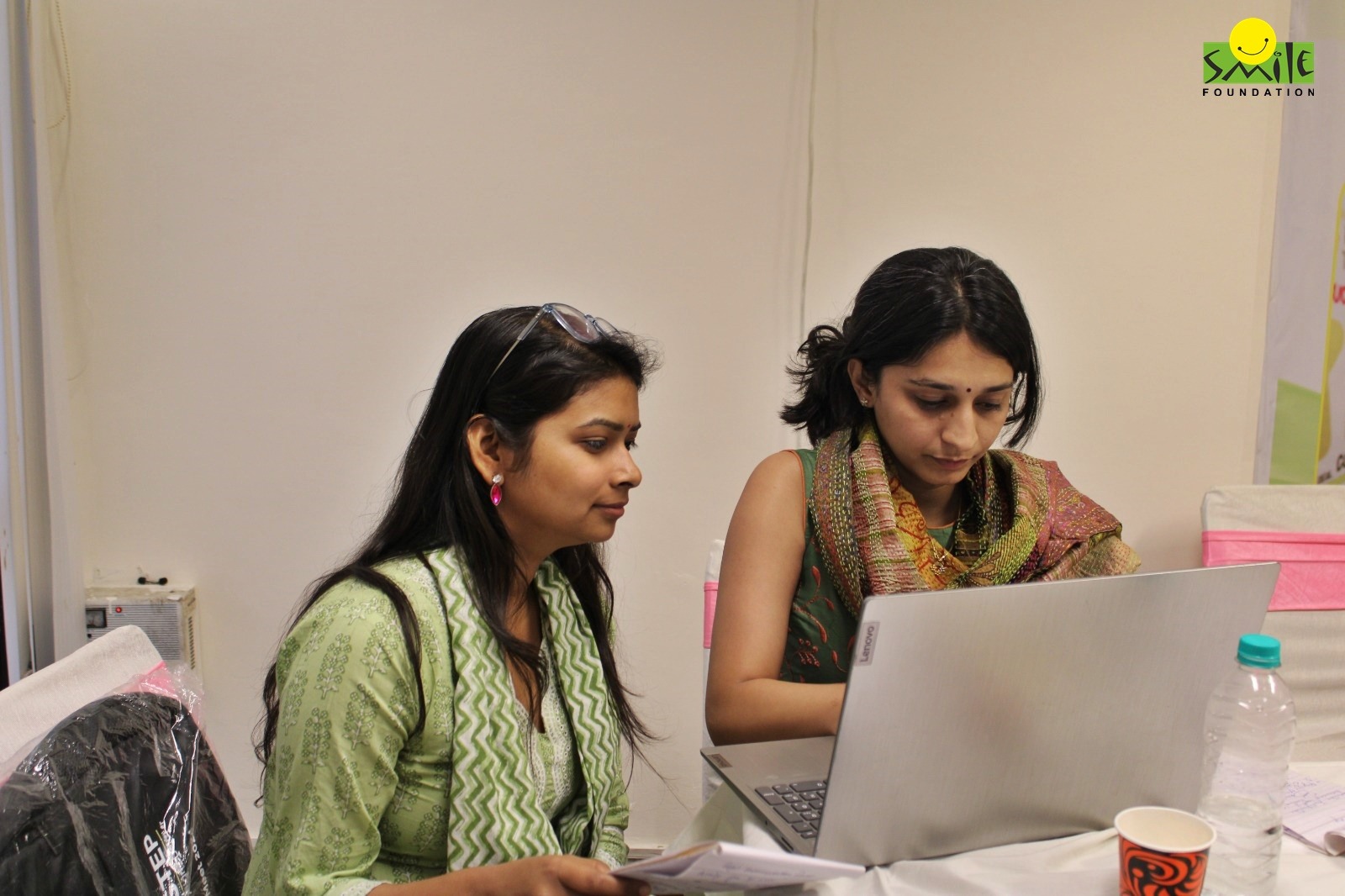In 2010, while addressing the UN Commission on the Status of Women, the then secretary, Hillary Clinton, said, “The status of the world’s women is not only a matter of morality and justice. It is also a political, economic, and social imperative. Put simply, the world cannot make lasting progress if women and girls in the 21st century are denied their rights and left behind.”
It’s been over a decade since then, and the discussion around the subject has only gained more significance. By 2030, the United Nations aims to “achieve gender equality and empower all women and girls”. Millions of women and girls still lack rights, even in the face of growing awareness of gender inequity and efforts by several international organisations to highlight women as changemakers. Realising sustainable goals in every area of life requires the empowerment of women and recognising their rights is essential to realising unalienable human rights.
However, equal engagement from men, officials and advocates for change at the grassroots levels is necessary for women’s empowerment to seep into life’s many gaps. Power dynamics that prevent women from leading healthy and satisfying lives are present in all spheres of society, from the most intimate to the most visible. Policy and programme initiatives that will increase women’s access to stable employment and financial resources, among many other facets of life, are necessary to bring about change.
Change agents at community level
Women have historically been disproportionately impacted by socioeconomic conditions, poverty and limited access to high-quality healthcare and education worldwide. Despite these obstacles, women have made great progress in recent years, breaking down barriers in traditionally male-dominated sectors like science, technology, engineering and mathematics and holding more positions of leadership in corporations and politics than ever before.
However, without community change agents, advocating for women’s participation as changemakers and supporting their empowerment cannot be accomplished in a vacuum. Programmes for community development are essential for addressing societal issues that are deeply ingrained. The essential need to stop child marriage, domestic abuse, family breakdown, moral decline and dysfunctional societies is the basis of framing tactics that will raise awareness of gender parity and enhance women’s socioeconomic standing.
Community-based intervention elements including community development training, health education, business or entrepreneurial skills training, knowledge of women’s rights and primary education have a major beneficial influence on the SHG members and programmes. It is commonly known that community involvement with these initiatives has a large-scale impact. Research demonstrates that peer-led community activities have a favourable impact on empowerment and health. Additionally, training that provides group support is essential for empowering women and more especially, for enhancing their self-confidence.
What does data show?
Despite making up almost 50% of the global population, women are still underrepresented in positions of influence and authority across a wide range of societal domains, including politics, business and the media, according to the UN World Population Prospects, 2022. The World Economic Forum reports that there is still a sizable gender pay gap worldwide, with women making around 37% less than males in comparable professions. The analysis presents a bleak picture of the gender gap, estimating that it would take 134 years to establish full gender parity. This would mean that the 2030 SDG objective would be missed by five generations.
Ways to lead to women empowerment
The first step must always begin with educating girls. Girls’ education can have a positive knock-on impact in nearby areas. Better economic prospects are available to girls who complete their schooling. Moreover, school groups are frequently the places where peer and social networks flourish. Girls who have greater peer networks are more motivated and involved in their studies, which promotes better community interactions.
To act as catalysts towards women’s empowerment, one important strategy is to support women’s financial mobility. Women should enter the workforce and become entrepreneurs who defy gender norms and prejudices. By doing so, they may encourage other women to follow in their footsteps and pursue their own business endeavours. SHGs and community volunteers can assist women in this endeavour. Greater gender equality may result from this, which would benefit not only women but also males and society at large.
Local officials should also strive to recognise and strengthen women’s leadership positions and involvement in political, civic, economic, social and cultural life and development, as well as to promote equality and respect for women and men.
Setting up Procedures
Governments and civil society organisations should set up procedures that accelerate women’s equal representation and participation in politics at all levels of public life and community. They should also facilitate women’s ability to express their needs and concerns and guarantee women’s full and equal participation in decision-making processes across all domains of life.
Through community interventions, they should act to eradicate attitudes and behaviours that oppress and discriminate against women and girls, as well as those that perpetuate gender inequality, through community initiatives.
It is impossible to advance the potential of girls and women if there are no change agents and awareness at the grassroots level. The required measures should be adopted in concert with one another to guarantee that women have access to appropriate, accessible and high-quality healthcare throughout their lives, with a focus on gender equality.
Swabhiman initiative to bring equality through change agents
In conclusion, women should take the lead in bringing about constructive and revolutionary changes that will benefit all members of society by being change agents in both their local communities and society at large. The Smile Foundation‘s Swabhiman initiative, which was started in 2005, provides economic, nutrition and health intervention programmes to women who are marginalised and socially ostracised. The larger objective is to empower women by creative community interventions, enacting long-lasting social change, establishing gender equality in society and actively including boys and men in the process of women’s empowerment.



